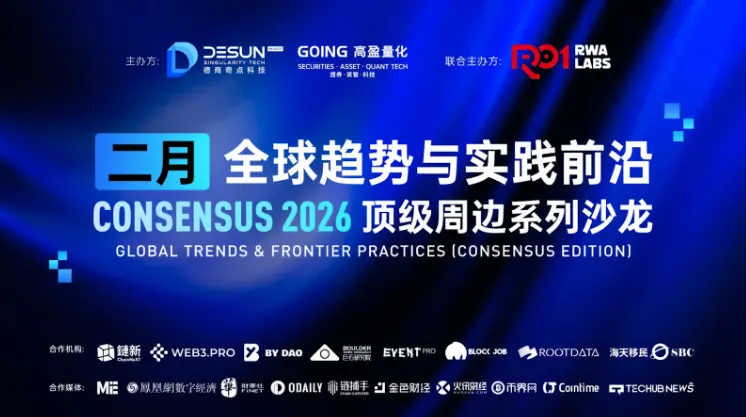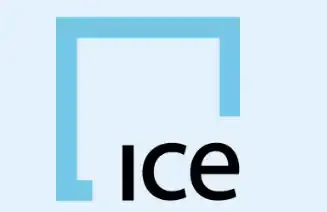 BTC $67,319.00 -2.42%
BTC $67,319.00 -2.42% ETH $1,987.58 -0.74%
ETH $1,987.58 -0.74% BNB $616.71 -2.04%
BNB $616.71 -2.04% XRP $1.47 -1.09%
XRP $1.47 -1.09% SOL $84.71 -2.98%
SOL $84.71 -2.98% TRX $0.2810 -1.17%
TRX $0.2810 -1.17% DOGE $0.1007 -0.36%
DOGE $0.1007 -0.36% ADA $0.2822 -2.16%
ADA $0.2822 -2.16% BCH $560.36 -2.02%
BCH $560.36 -2.02% LINK $8.85 -1.41%
LINK $8.85 -1.41% HYPE $29.15 -6.06%
HYPE $29.15 -6.06% AAVE $126.70 -0.68%
AAVE $126.70 -0.68% SUI $0.9680 -2.89%
SUI $0.9680 -2.89% XLM $0.1661 -2.39%
XLM $0.1661 -2.39% ZEC $296.01 +0.11%
ZEC $296.01 +0.11% BTC $67,319.00 -2.42%
BTC $67,319.00 -2.42% ETH $1,987.58 -0.74%
ETH $1,987.58 -0.74% BNB $616.71 -2.04%
BNB $616.71 -2.04% XRP $1.47 -1.09%
XRP $1.47 -1.09% SOL $84.71 -2.98%
SOL $84.71 -2.98% TRX $0.2810 -1.17%
TRX $0.2810 -1.17% DOGE $0.1007 -0.36%
DOGE $0.1007 -0.36% ADA $0.2822 -2.16%
ADA $0.2822 -2.16% BCH $560.36 -2.02%
BCH $560.36 -2.02% LINK $8.85 -1.41%
LINK $8.85 -1.41% HYPE $29.15 -6.06%
HYPE $29.15 -6.06% AAVE $126.70 -0.68%
AAVE $126.70 -0.68% SUI $0.9680 -2.89%
SUI $0.9680 -2.89% XLM $0.1661 -2.39%
XLM $0.1661 -2.39% ZEC $296.01 +0.11%
ZEC $296.01 +0.11%ChainCatcher Building the Web3 world with innovations.






